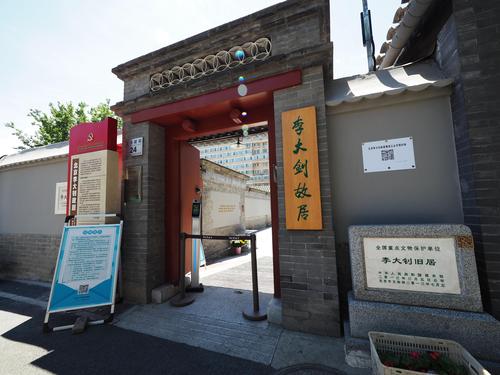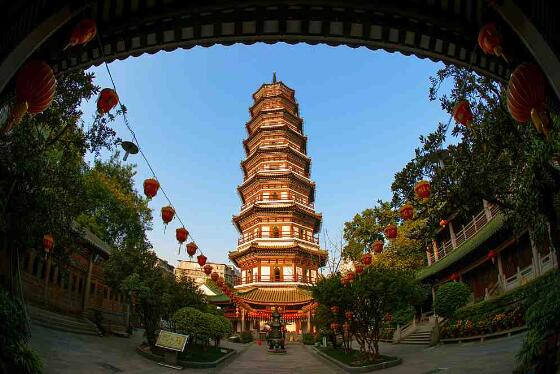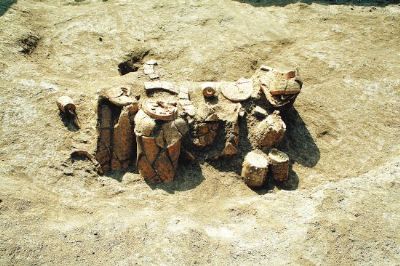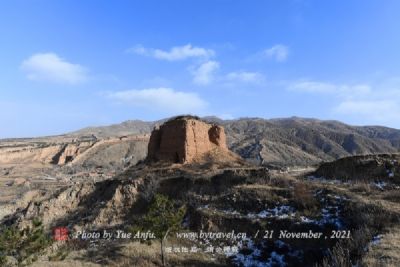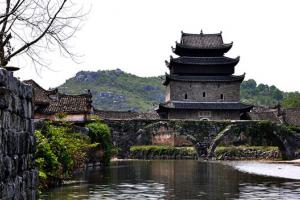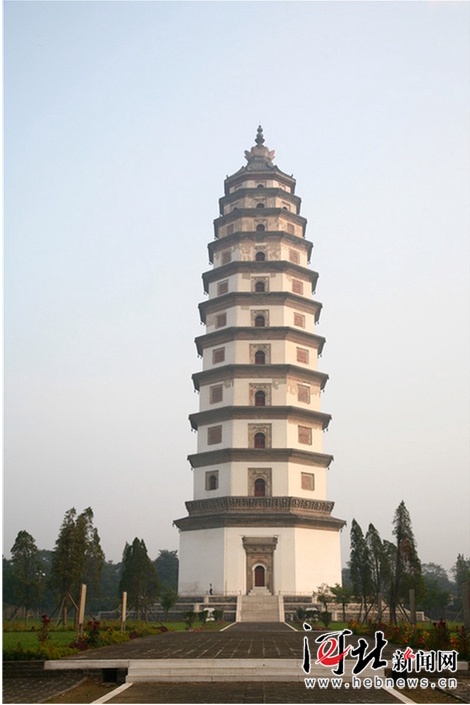Explore Aksu Kuche Youyilu Muqun: Your Ultimate Guide to Xinjiang’s Enchanting Landscapes
An Essential Guide to Visiting Aksu Kuche Youyilu Muqun
In This Guide
- An Essential Guide to Visiting Aksu Kuche Youyilu Muqun
- The Rich History of Aksu Kuche Youyilu Muqun
- Main Highlights: What to See at Aksu Kuche Youyilu Muqun
- Planning Your Visit: A Practical Guide
- Tickets, Hours, and Booking
- How to Get There
- Local Cuisine and Accommodation
- Frequently Asked Questions
- Final Thoughts on Your Trip
Nestled in the heart of Xinjiang, the Aksu Kuche Youyilu Muqun, or the Kuqa Friendship Road Cemetery, is a remarkable archaeological site that transcends mere historical interest. Once part of the ancient kingdom of Kucha, this area serves as a vibrant testament to the rich tapestry of cultures that flourished along the Silk Road.
The cemetery, which dates back to the Eastern Jin and Sixteen Kingdoms periods, is distinctive for its unique brick tombs—an architectural style reminiscent of those found in Central China. The recent discovery of this site, during construction efforts for an underground shopping center, has unveiled a treasure trove of artifacts and burial structures that provide invaluable insights into the burial customs and artistic expressions of the era.
Visitors to the Kuche Youyilu Muqun will find themselves not only stepping into a realm of ancient history but also engaging with modern technology that vividly brings the past to life. The adjacent museum employs cutting-edge digital displays and immersive experiences, allowing guests to explore the cultural heritage of the Kucha region in an engaging manner. This blend of ancient and contemporary makes the site a must-visit for those seeking a deeper understanding of China’s historical narrative and the myriad influences that shaped its development.
As you traverse the winding paths of this archaeological gem, prepare to be captivated by stories etched in stone, the whispers of a civilization long gone, and the enduring legacy of the Silk Road that continues to resonate today. Whether you are a history enthusiast, a culture seeker, or simply a curious traveler, the Kuche Friendship Road Cemetery promises an unforgettable journey through time.
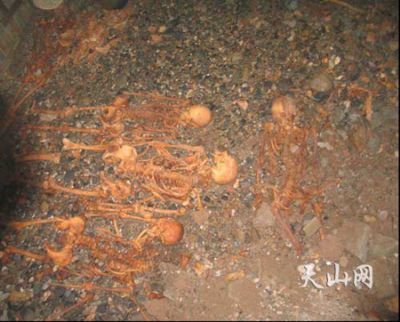
Aksu Kuche Youyilu Muqun.
The Rich History of Aksu Kuche Youyilu Muqun
The Aksu Kuche Youyilu Muqun, or the Kuche Friendship Road Tombs, is a significant archaeological site located in the Aksu region of Xinjiang, China. This historic burial complex dates back to the Eastern Jin and Sixteen Kingdoms periods (approximately 4th to 5th centuries AD), a time when the area was known for its vibrant culture and pivotal role along the ancient Silk Road.
The tombs were discovered during construction projects along Friendship Road in Kuche, revealing a unique collection of brick chamber tombs that closely resemble those found in the central plains of China, particularly from the Han dynasty. This finding is notable as it is the only such burial site in Xinjiang that exhibits these architectural styles, highlighting the region’s historical connections to the heartlands of Chinese civilization.
The tomb complex includes various structural elements such as walls, corridors, and burial chambers, adorned with intricate carvings of traditional Chinese mythological creatures, including the Tianlu (Heavenly Deer) and Xuanwu (Black Tortoise). These artistic features not only showcase the craftsmanship of the time but also reflect the syncretism of cultures that characterized the Silk Road, where Eastern and Western influences converged.
In a bid to preserve and interpret this rich history, the Kuche Guizhi Wei Jin Ancient Tombs Museum was established on the site. This museum integrates archaeological relics with modern technology, utilizing digital exhibitions, VR experiences, and interactive displays to bring the ancient culture of Kuche back to life. Visitors can explore the tombs and learn about the burial customs, daily life, and spiritual beliefs of the people who lived in this region centuries ago.
The Aksu Kuche Youyilu Muqun stands as a bridge between past and present, offering insights into the cultural heritage of the Kuche kingdom, renowned for its contributions to music, dance, and Buddhism during its peak. As a vital link in the Silk Road, it played a crucial role in the exchange of ideas, goods, and cultures, making it an essential site for those interested in the historical tapestry of Xinjiang and its place in the broader narrative of Chinese history.
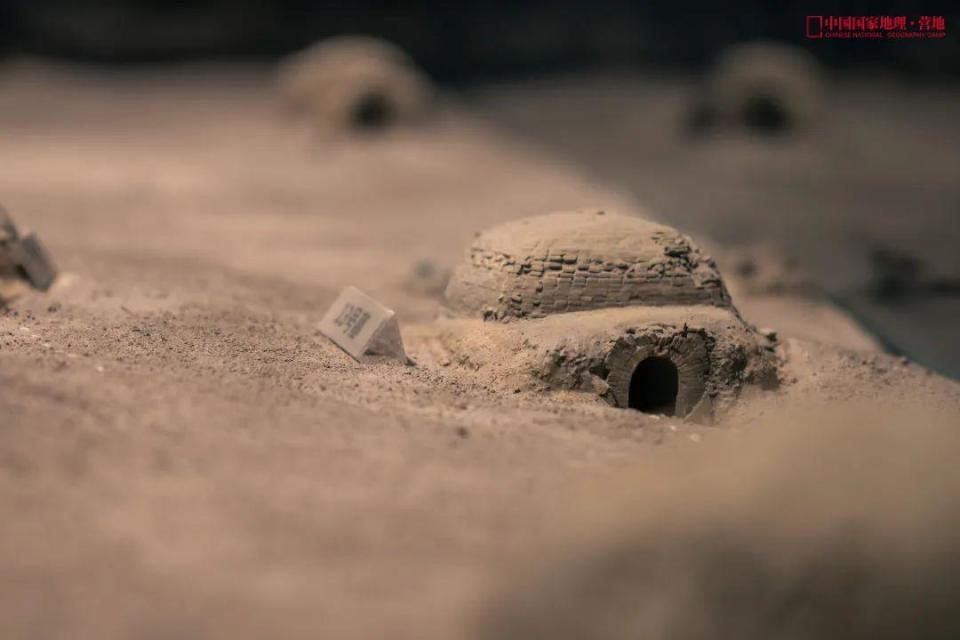
Aksu Kuche Youyilu Muqun.
Main Highlights: What to See at Aksu Kuche Youyilu Muqun
Nestled in the heart of the Aksu region, Aksu Kuche Youyilu Muqun, also known as the Kuche Friendship Road Tomb Group, offers a fascinating glimpse into the ancient culture of the region. This archaeological site is distinguished as the first underground tomb museum in Xinjiang, showcasing the remains of a significant brick tomb complex from the Eastern Jin and Sixteen Kingdoms period.
Visitors to the site will be captivated by the museum’s innovative presentation methods, including digital cloud exhibitions, VR experiences, and interactive displays. These technological advancements bring the rich cultural tapestry of the ancient Kuche region to life, providing insights into historical customs and daily life.
One of the museum’s standout features is its display of Han-style brick chamber tombs, which share architectural similarities with structures found in Central China and the Hexi Corridor. The tombs are adorned with intricate carvings of traditional mythological creatures, showcasing the blending of cultures along the Silk Road.
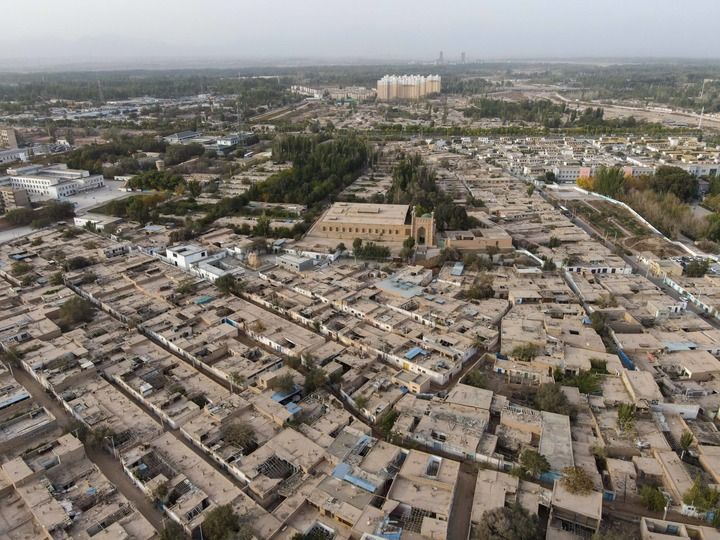
Aksu Kuche Youyilu Muqun.
Exploring the museum is a journey through time, where the past meets present in a beautifully curated space that emphasizes the significance of Kuche as a cultural hub in ancient times. Not only does the museum serve as a historical archive, but it also acts as a bridge connecting visitors with the profound depth of Chinese civilization.
For those keen on delving into the mysteries of the Silk Road, the Aksu Kuche Youyilu Muqun is an unmissable destination, offering a perfect blend of history, culture, and modern technology. Don’t forget to take advantage of guided tours, which enrich the experience with expert insights into the artifacts and their historical context.
Planning Your Visit: A Practical Guide
Practical Guide to Aksu Kuche Youyilu Muqun
Visiting the Aksu Kuche Youyilu Muqun, also known as the Kucha Friendship Road Tomb Group, is a unique opportunity to delve into the rich archaeological heritage of this region in Xinjiang. This practical guide will help you make the most of your visit.
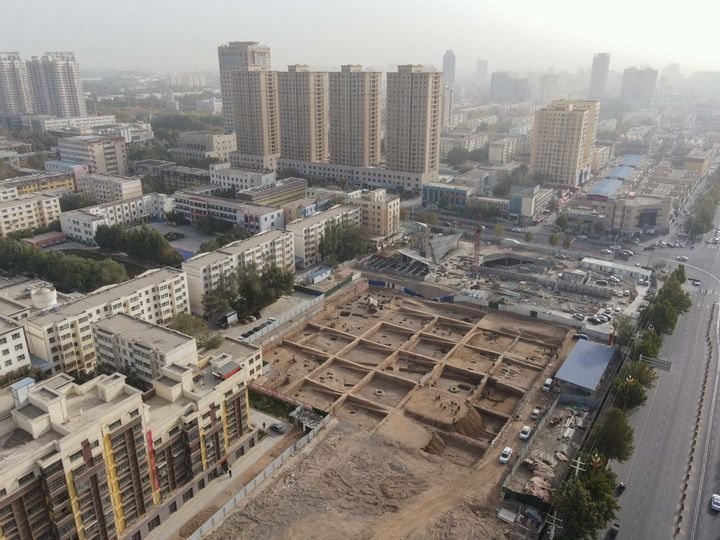
Aksu Kuche Youyilu Muqun.
Location and Accessibility
The Kucha Friendship Road Tomb Group is situated in Kucha City, part of the Aksu Prefecture in Xinjiang, China. The museum, built on the site of the ancient tombs, is located at No. 28, Youyi Road. The nearest major city is Urumqi, which is well connected by rail and air. From Urumqi, you can take a train or bus to Kucha, with the journey typically taking around 10 hours by train.
Opening Hours
The museum is open daily from 9:30 AM to 7:30 PM, with the last entry at 7:00 PM. It’s advisable to arrive early to allow ample time for exploration, as the site features a combination of ancient tombs and modern digital exhibits.
Admission Fees
Entry to the Kucha Friendship Road Tomb Group museum is affordable, typically around 50 RMB per person. Discounts may be available for students and seniors, so it’s worth asking upon arrival.
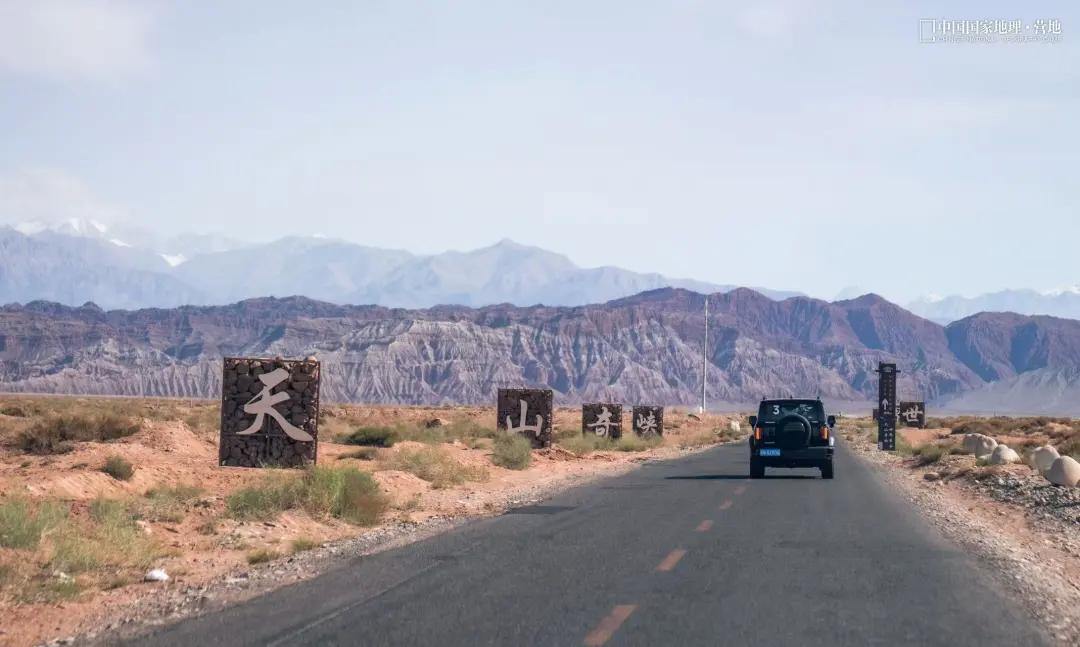
Aksu Kuche Youyilu Muqun.
What to Expect
This archaeological site is the first underground tomb museum in Xinjiang, showcasing a unique collection of Han-style brick tombs from the Eastern Jin and Sixteen Kingdoms periods. Inside, you will find structures such as walls, corridors, and burial chambers adorned with traditional motifs, including carvings of celestial creatures like the Tianlu and Xuanwu.
The museum’s exhibits employ cutting-edge technology, including VR experiences and interactive displays, allowing visitors to engage with the ancient culture of Kucha in a modern context. Attending guided tours is highly recommended, as knowledgeable guides provide insights that enhance understanding of the historical significance of the site.
Nearby Attractions
While in Kucha, take time to explore other notable sites:
– Kucha Grand Mosque: A stunning example of Islamic architecture, showcasing intricate designs.
– Subashi Ancient City: A significant historical site that offers a glimpse into the region’s Buddhist heritage.
– Kizil Grottoes: Located a little further away, these ancient caves feature stunning Buddhist murals and sculptures.
Dining and Accommodation
Kucha offers a range of dining options serving local Xinjiang cuisine. Be sure to try the famous lamb skewers and hand-pulled noodles. For accommodations, options vary from budget hostels to mid-range hotels, often priced between 200-400 RMB per night.
Travel Tips
- Respect Local Customs: Kucha is home to a diverse population, including Uyghur people. Be respectful of local customs, especially when visiting religious sites.
- Weather Considerations: Xinjiang experiences significant temperature fluctuations, so dress in layers. Summers can be hot, while evenings might be cool.
- Language: While Mandarin is widely spoken, knowledge of basic Chinese phrases can enhance your experience, especially in more rural areas.
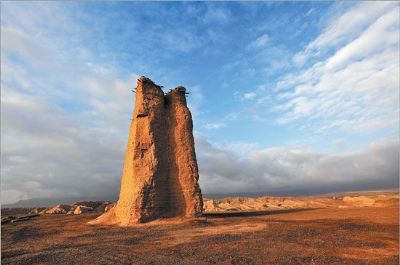
Aksu Kuche Youyilu Muqun.
Conclusion
The Kucha Friendship Road Tomb Group is not just an archaeological site; it’s a gateway to understanding the culture and history of one of China’s most fascinating regions. With this guide, you are well-equipped to explore the ancient mysteries of Kucha and enjoy a rich travel experience.
Tickets, Hours, and Booking
When planning your visit to the Aksu Kuche Youyilu Muqun (库车友谊路墓群), it’s essential to know the ticket details for a smooth entry into this fascinating archaeological site.
The entrance to the Kuche Youyilu Muqun Museum is generally priced at around ¥55 (approximately $8). This fee grants you access to not just the museum, but also to the remarkable underground tomb complex, which showcases the ancient burial practices of the region and features unique Han-style brick tombs that date back to the Wei and Jin dynasties.
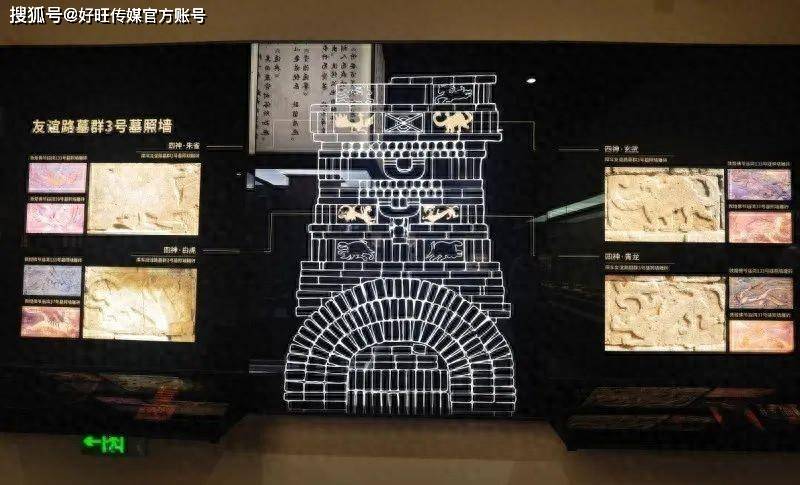
Aksu Kuche Youyilu Muqun.
Operating hours for the museum are from 9:30 AM to 7:30 PM, with the last admission at 7:00 PM. It is advisable to allocate ample time for your visit, as the museum’s interactive displays and digital exhibitions provide an immersive experience that delves deep into the rich history and culture of the ancient Kuche region.
For a more enriching experience, consider joining a guided tour, as knowledgeable guides can provide insights that enhance your understanding of the site’s historical significance. Additionally, large groups may benefit from discounts, so check for any available group ticket pricing if you plan to visit with friends or family.
Make sure to confirm the latest information regarding ticket prices and opening hours closer to your visit, as these may vary seasonally or due to special events. Enjoy your journey into the depths of history at the Kuche Youyilu Muqun!
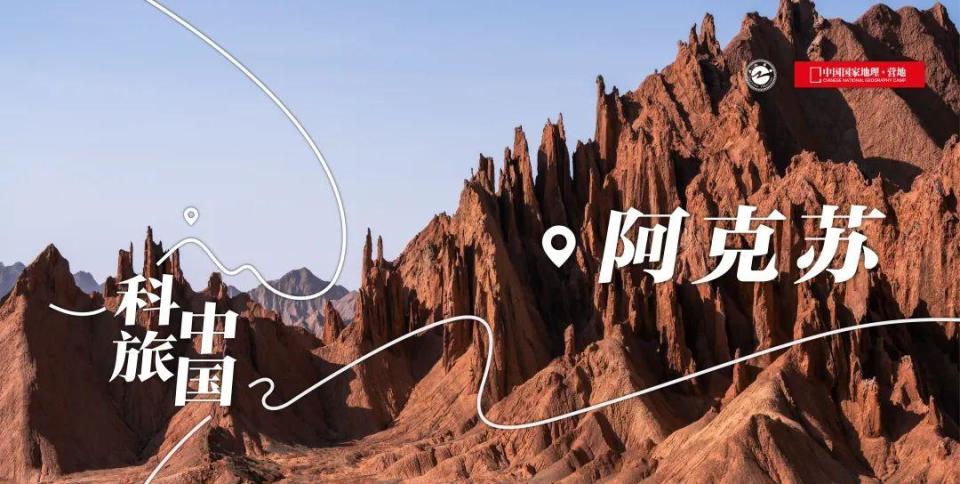
Aksu Kuche Youyilu Muqun.
How to Get There
Getting to Aksu Kuche Youyilu Muqun (库车友谊路墓群)
Reaching the Aksu Kuche Youyilu Muqun, located in the vibrant city of Kuqa within the Aksu Prefecture of Xinjiang, is a straightforward endeavor thanks to its well-connected transportation options.
By Air
The nearest airport is Kuqa Qiuci Airport (KCA), which is approximately 20 kilometers from the archaeological site. Regular flights from major cities such as Urumqi and Kashgar make accessing Kuqa convenient. Once you land at Kuqa Qiuci Airport, you have a few options to reach the cemetery:
- Taxi: The quickest and most comfortable way is to take a taxi directly to the site. The ride should take about 30 minutes depending on traffic.
- Airport Shuttle: If available, shuttle services can be a cost-effective option for those traveling in groups.
By Train
Kuqa is also well-served by the railway system. The Kuqa Railway Station is a major stop along the Urumqi to Kashgar railway line. From the station:
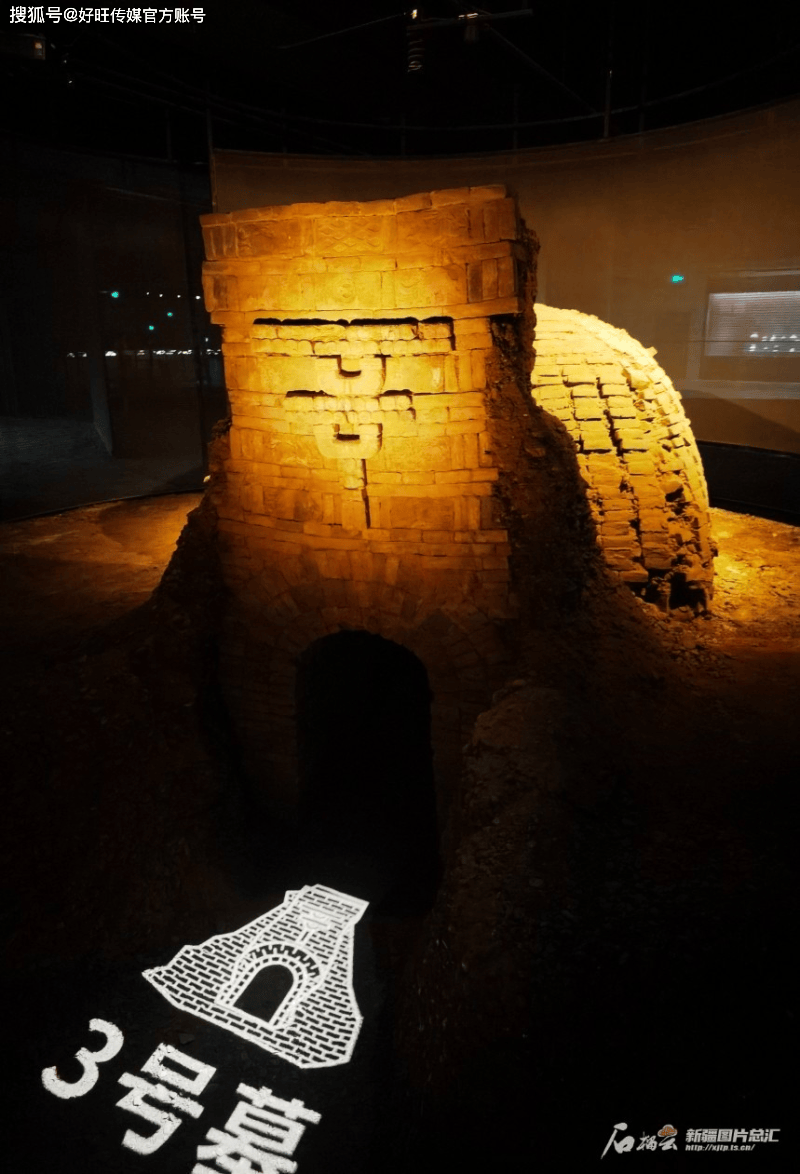
Aksu Kuche Youyilu Muqun.
- Taxi: A taxi from the railway station to the cemetery will take about 20-25 minutes.
- Local Bus: Buses may operate from the railway station to the city center, where you can transfer to a taxi or local transport to reach the site.
By Bus
For those preferring ground transportation, long-distance buses from Urumqi and other major Xinjiang cities frequently arrive at Kuqa’s main bus station. Once in Kuqa:
- Taxi: Similar to other options, taking a taxi from the bus station is the easiest way to get to the cemetery.
- Public Transport: Local buses may run routes that connect to the vicinity of the cemetery, but schedules can be irregular.
Local Transportation
Once in Kuqa, the best way to navigate the city is by taxi or rideshare services. The city is not very large, making it convenient to travel to various attractions, including Aksu Kuche Youyilu Muqun.
Recommendations
- Language: English is not widely spoken in Kuqa, so having a translation app or a phrasebook can be helpful.
- Cash: While some places accept mobile payments, it’s advisable to carry cash for smaller vendors and taxis.
- Timing: Plan your visit to the cemetery during the day, as the site is open until the evening and provides a better experience in natural light.
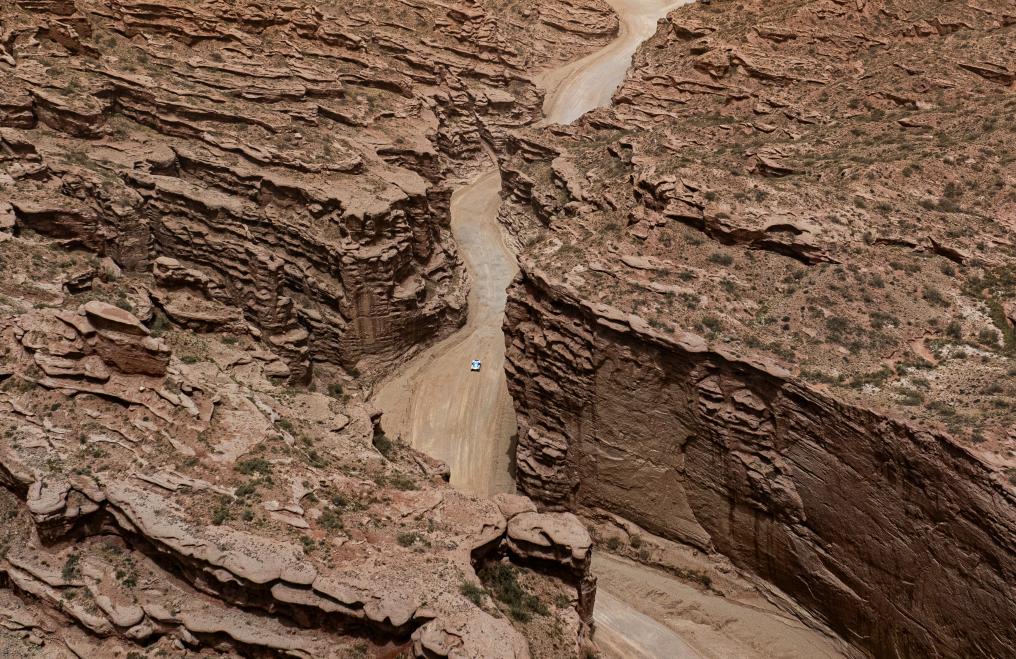
Aksu Kuche Youyilu Muqun.
Conclusion
With multiple transportation options available, getting to Aksu Kuche Youyilu Muqun is both accessible and efficient. Whether you prefer flying, taking the train, or traveling by bus, you can easily immerse yourself in the rich history of this ancient burial site.
Local Cuisine and Accommodation
When visiting Aksu Kuche Youyilu Muqun, the culinary experiences and places to stay can significantly enhance your journey through this culturally rich region.
Culinary Delights
Aksu is renowned for its vibrant flavors and diverse cuisine, heavily influenced by its ethnic communities, particularly the Uyghurs. Here are some must-try dishes and dining spots:
-
Kuche Night Market: A bustling hub for local food, this market is a feast for the senses. Don’t miss the Kuche roasted buns (烤包子), which are crispy on the outside and filled with juicy lamb and onions. Priced at around ¥8 each, they embody the essence of local street food. Pair this with a bowl of pigeon soup (鸽子汤) for a hearty meal.
-
Ali Naan Pit Meat (亚力馕坑肉): Located about 2.5 km from the site, this restaurant is famous for its naan-baked meat. The unique cooking method ensures that the meat is tender and flavorful, making it a must-visit for meat lovers. Expect to spend around ¥74 per person.
-
Old Ersha Naan Pit Barbecue (老尔沙馕坑烤肉): Just 4.4 km away, this spot is a local favorite for traditional Uyghur barbecue. The rich spices and grilling techniques bring out the best in lamb and chicken, with meals costing approximately ¥68.
-
Spicy Lamb Skewers (羊肉串): Available at various street stalls, these skewers are grilled to perfection and seasoned with spices, making them a popular snack.
-
Dried Fruits and Nuts: A visit to Aksu would be incomplete without sampling its dried fruits, particularly the local apricots and almonds. These can be found in local markets and make for great souvenirs.
Accommodation Options
Finding the right place to stay can enhance your experience in Aksu. Here are some recommended accommodations ranging from budget to more luxurious options:
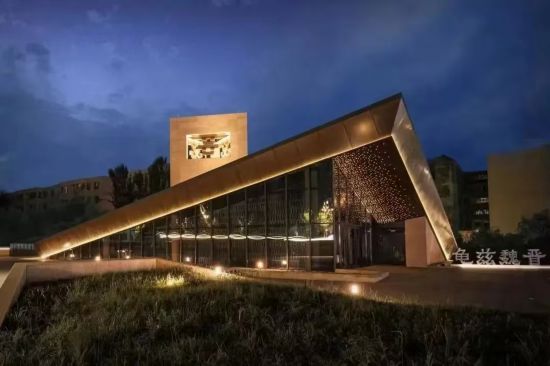
Aksu Kuche Youyilu Muqun.
-
Kuche Hotel (库车饭店): This three-star hotel offers comfortable rooms with modern amenities. It’s centrally located, making it easy to explore nearby attractions. Prices start at around ¥150 per night.
-
Kuche Wangfu (库车王府): Situated close to the historical sites, this hotel provides a glimpse into traditional architecture. It features beautifully decorated rooms and is known for its hospitality, with rates beginning at ¥200 per night.
-
Lidu Hotel (库车丽都大酒店): For those seeking a touch of luxury, the Lidu Hotel offers upscale amenities, including a gym and restaurant. Rooms are well-furnished and provide a relaxing atmosphere after a day of exploration. Rates start at ¥300 per night.
-
Guesthouses and Hostels: If you’re traveling on a budget, numerous guesthouses offer affordable accommodations, often with a more personal touch. Prices can range from ¥100 to ¥200 per night, and many hostels provide opportunities to meet fellow travelers.
Incorporating these culinary experiences and accommodation options into your itinerary will undoubtedly enrich your visit to Aksu Kuche Youyilu Muqun, providing a deeper understanding of the region’s culture and hospitality.
Frequently Asked Questions
Frequently Asked Questions about Aksu Kuche Youyilu Muqun (库车友谊路墓群)
-
What is Aksu Kuche Youyilu Muqun?
The Aksu Kuche Youyilu Muqun, also known as the Kuche Friendship Road Tomb Group, is an ancient burial site located in the Aksu region of Xinjiang, China. It features a unique collection of brick chamber tombs dating back to the Eastern Jin and Sixteen Kingdoms period, making it a significant archaeological discovery. -
Where is it located?
This historical site is situated in the city of Kuche, along Friendship Road (友谊路), within the Aksu Prefecture of Xinjiang. It lies in close proximity to the Kuche City and is easily accessible for visitors. -
What can visitors expect to see?
Visitors to the site can explore the well-preserved tomb structures, which include vertical pits and brick tombs. The site also features intricate carvings and historical artifacts that showcase the burial customs and cultural practices of the time. -
Is there an entrance fee?
Yes, there is an entrance fee to visit the Aksu Kuche Youyilu Muqun. Pricing may vary based on age and nationality, so it is advisable to check the latest information before your visit. -
Are there guided tours available?
Guided tours are available, and it is highly recommended to join a tour for a more informative experience. Guides provide insights into the history, significance, and archaeological findings of the site. -
What are the opening hours?
The site typically opens from 9:30 AM to 7:30 PM, with the last entry allowed at 7:00 PM. However, it’s advisable to check for any changes in operating hours before your visit. -
What nearby attractions should I visit?
While in Kuche, you can also visit other notable attractions such as the Kuche Grand Canyon, the Kizil Thousand Buddha Caves, and the Suoba Temple ruins, which are all rich in history and culture. -
What should I know before visiting?
Visitors should respect local customs and traditions, particularly as the region is home to various ethnic groups. It’s also recommended to wear comfortable shoes, stay hydrated, and be mindful of the weather conditions, which can vary significantly in Xinjiang.
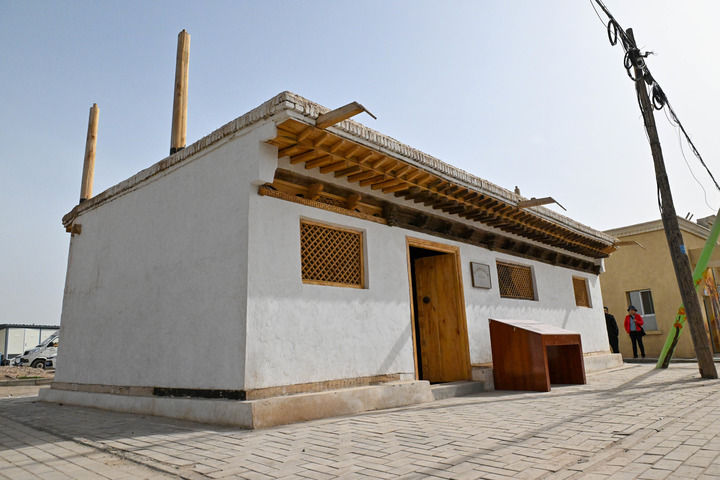
Aksu Kuche Youyilu Muqun.
Final Thoughts on Your Trip
As you conclude your journey through the captivating Aksu Kuche Youyilu Muqun, you’ll find that this unique archaeological site is not merely a collection of ancient tombs but a vibrant testament to the rich tapestry of history that weaves through the region. The stories etched in the bricks of the Han-style brick tombs and the intricate carvings of mythical creatures serve as a bridge between past and present, inviting you to reflect on the cultural exchanges that have shaped this land over centuries.
Visiting the museum and the surrounding site not only offers a glimpse into the burial practices of the Eastern Jin and Sixteen Kingdoms periods but also immerses you in the essence of the ancient Kuche culture—a culture that thrived along the Silk Road, fostering connections between diverse peoples and traditions. The blend of modern technology with historical artifacts enhances your experience, allowing you to engage with the past in innovative ways.
Whether you’re a history enthusiast, an archaeology aficionado, or simply a traveler with a curiosity for the stories held within the earth, Aksu Kuche Youyilu Muqun promises to leave you with lasting memories. As you step away from this remarkable site, carry with you not just a deeper appreciation for the ancient world but also a sense of connection to the enduring human spirit that continues to inspire us today. Embrace the journey, for each step taken in this extraordinary place is a step through time, resonating with the echoes of those who came before.
